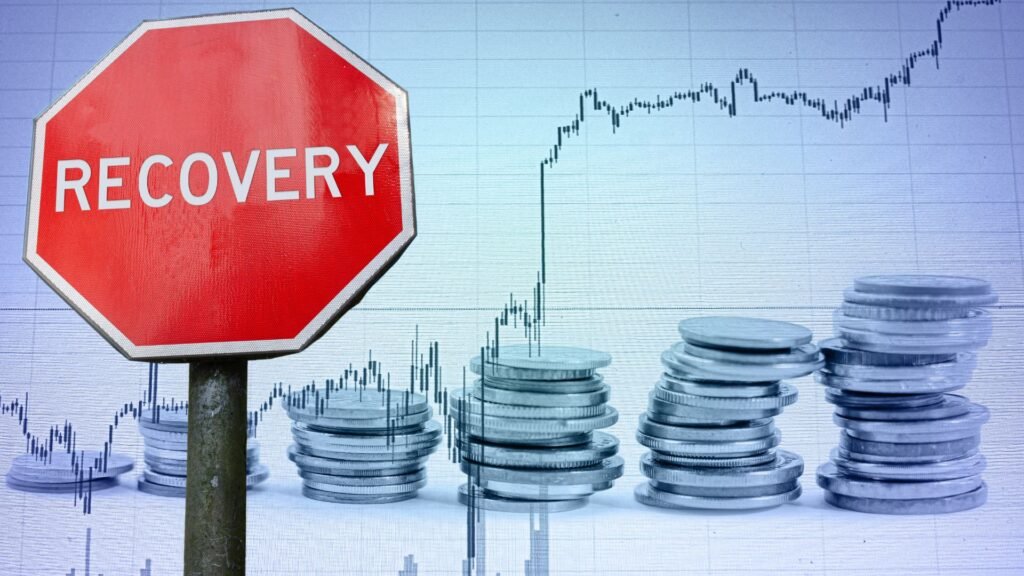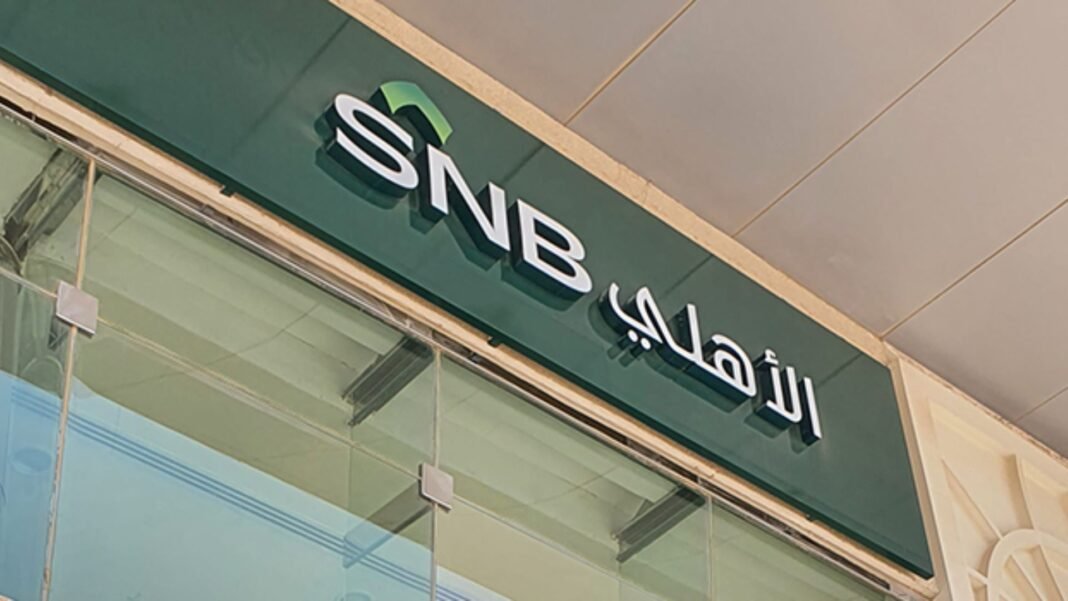In today’s fast-paced global economy, Gulf markets stand out as a source of stability and growth potential. This article examines the dynamics of Gulf markets, focusing on their recent performance and the factors driving their rise in early trade. Despite recent global market fluctuations and uncertainties, the positive signs observed in several Gulf markets during early trade point to a promising trading day. The Gulf region, known for its strategic location and economic stability, has long been a popular investment destination. Gulf markets have demonstrated resilience in the face of various economic challenges, thanks to their vast oil reserves, strong infrastructure, and ongoing diversification efforts.
1. Early Trade Positivity
The Significance of Early Trade
The importance of early trading cannot be overstated. It establishes the tone for the remainder of the trading day, providing useful insights into market sentiment and direction. Investors closely monitor these initial movements because they frequently signal potential trends and opportunities. Understanding the dynamics of early trade in Gulf markets is critical for making informed decisions and maximizing investment returns.
Recent Gulf Markets Fluctuations
Recent market fluctuations have highlighted the importance of consistency in investment decisions. Despite this uncertainty, Gulf markets stand out as an appealing destination for investors looking for consistent returns. Their resilience and consistent performance in the face of global volatility make them an appealing option for those looking to reduce risks while ensuring consistent growth in their investment portfolios.
2. Factors Driving Gulf Markets Performance
Rebound in Oil Prices
The rebound in oil prices has provided relief to the Gulf region, which depends heavily on oil revenues for economic stability. The recent stabilization and upward trend in oil prices have instilled confidence in investors, indicating a bright future for Gulf markets. This increase in oil prices has a direct impact on the region’s economy, boosting investor sentiment and contributing to the positive performance of Gulf markets.
Diversification Efforts
Government diversification efforts in the Gulf region represent a significant shift away from traditional oil dependence. This strategic move has attracted foreign investment and created new growth opportunities in a variety of industries. Gulf countries are preparing for long-term sustainability and resilience in the face of volatile oil markets by diversifying their economies.
Global Economic Recovery

The global economic recovery, despite the challenges posed by the COVID-19 pandemic, has injected optimism into the investment landscape. Investors are increasingly focusing their attention on emerging markets such as the Gulf, recognizing their potential for growth and stability amid the broader economic recovery. This positive sentiment has boosted investor confidence in Gulf markets, accelerating their upward trajectory and attracting capital inflows from around the world.
3. Market Dynamics: Unique Considerations
Individual Market Dynamics
Understanding the unique dynamics of each Gulf market is critical for informed decision-making. From Saudi Arabia to Qatar and the UAE, each market presents unique challenges and opportunities. As a result, investors must conduct extensive research and analysis to tailor their investment strategies to the unique conditions and trends of each market, ensuring optimal outcomes and risk mitigation.
Geopolitical Factors
Geopolitical factors significantly influence the investment landscape in the Gulf region. Tensions and conflicts in the area can have a significant impact on market stability and investor confidence. As a result, staying current on geopolitical developments and understanding their potential impact on market performance is critical for making sound investment decisions in Gulf markets.
4. OPEC+ Output Cuts Impact
Impact on Oil Prices
Most Gulf stock markets rose, coinciding with a rise in oil prices following OPEC+’s agreement to extend oil output cuts into the second quarter. This decision, aimed at reducing oil supply by 2.2 million barrels per day, had a direct impact on Gulf markets, which rely heavily on oil revenues. The news significantly increased investor confidence, driving the positive performance seen in early trade. Oil prices remain a critical catalyst for Gulf financial markets, and the 0.1% increase to $83.55 per barrel highlighted their importance in shaping market dynamics. Such developments are closely watched by investors and analysts alike, emphasizing the importance of oil-related decisions for Gulf market stability and performance.
Market Response
The positive reaction from Gulf markets to the news of the OPEC+ decision emphasizes the importance of oil prices in shaping market sentiment. The upward movement of stock indices reflects investor optimism and confidence in the region’s economic strength. As oil prices continue to play a critical role in Gulf market performance, the positive response reinforces their status as key indicators for investors.
5. Specific Market Highlights
Qatar
The Qatari benchmark index rose 0.3%, boosted by gains in a variety of sectors. Mesaieed Petrochemical increased by 1.8%, while Gulf Warehousing added 4.3%, both of which contributed significantly to the index’s rise. This strong performance across sectors demonstrates the market’s resilience and potential for expansion.
Saudi Arabia
Saudi Arabia’s benchmark stock index rose significantly, boosted by gains in key sectors such as finance, healthcare, and consumer staples. The index rose 0.2%, with strong contributions from finance, healthcare, and consumer staples. Dr. Sulaiman Al Habib Medical Services rose by 1.2%, while Savola Group increased by 3.3%. Al Rajhi Bank, the world’s largest Islamic lender, also contributed to the gains, up 0.3%. These positive movements reflect market strength and highlight the strong performance of key sectors in Saudi Arabia’s economy.
Abu Dhabi
Abu Dhabi’s benchmark stock index rose, boosted by gains from major companies such as Pure Health and ADNOC Drilling. The index rose 0.1%, with Pure Health up 2.1% and ADNOC Drilling up 1.6%. These positive movements helped to boost Abu Dhabi’s benchmark stock index, demonstrating the resilience and strength of key players in the region’s market.
Dubai
Dubai’s benchmark stock index fell marginally, owing primarily to declines in Mashreqbank and Commercial Bank of Dubai. The index fell by 0.1%, with Mashreqbank dropping 2.9% and Commercial Bank of Dubai falling 2%. Despite these minor declines, the overall impact on Dubai’s benchmark stock index was negligible, reflecting the market’s stability despite fluctuations in specific sectors.
Opportunities and Caution
Gulf markets’ growth demonstrates their resilience and attractiveness to investors. Rising oil prices and diversification efforts support their optimistic outlook. While Gulf markets offer promising opportunities, investors should exercise caution and seek professional advice to successfully navigate their unique dynamics.






